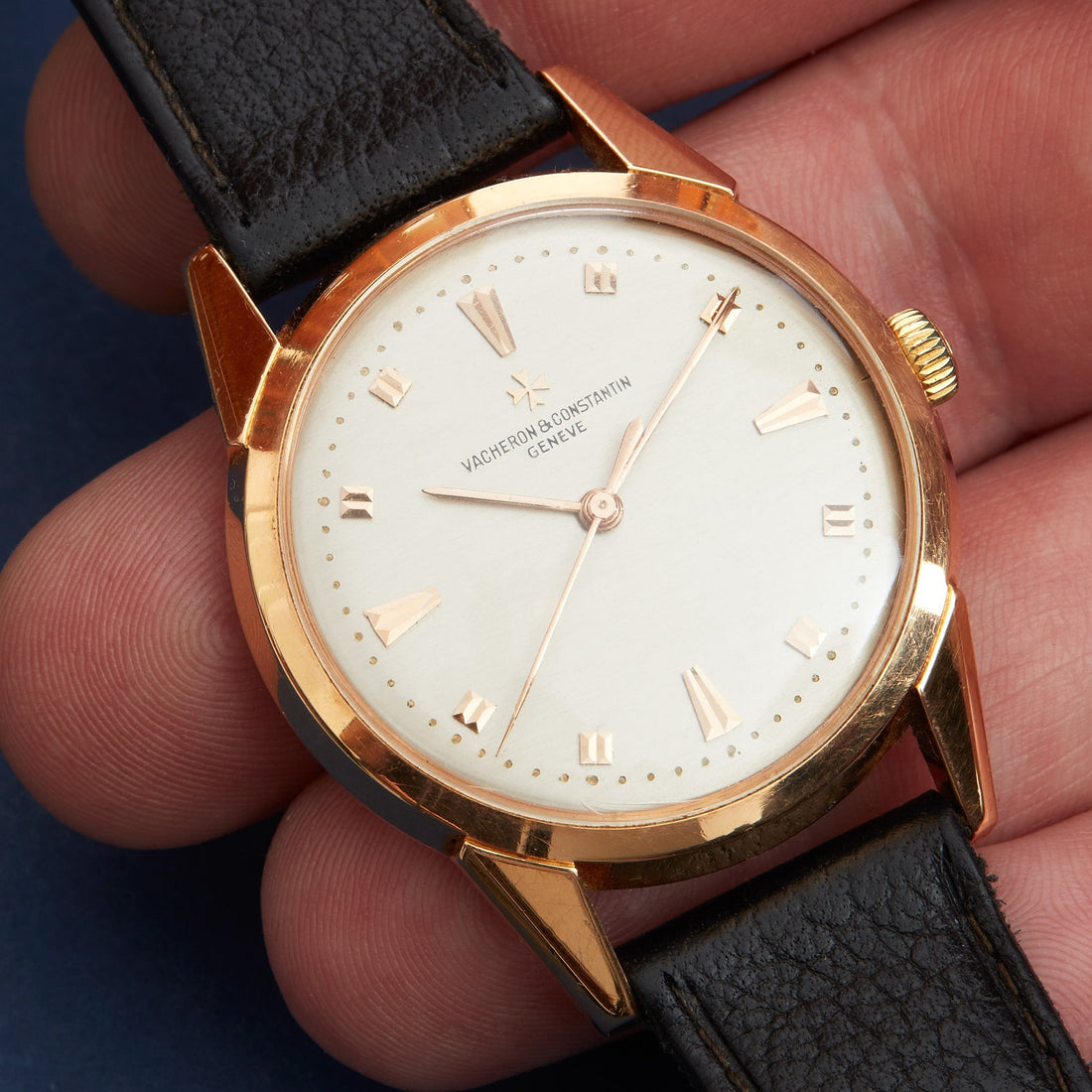
Why Do Mechanical Watches Lose Time?
Share
Mechanical watches are intricate timepieces, but they can sometimes lose time due to various factors. Understanding these causes can help maintain their accuracy and longevity.
1. Wear and Tear
As mechanical watches age, internal components like the balance wheel, escapement, and mainspring can experience wear. If these parts become misaligned or damaged, the watch may lose time. A common issue is dirt or dried-out lubricant in the movement, which can hinder the smooth operation of these components. Over time, the parts may not move as efficiently, causing the watch to run slower.
2. Temperature Sensitivity
Mechanical watches are particularly sensitive to temperature changes. When the temperature fluctuates, the metal components inside the movement expand or contract. This can alter the behavior of the balance wheel and the rate of oscillation, which in turn affects timekeeping. Watches may lose time more noticeably in colder temperatures.
3. Insufficient Power Reserve
If a mechanical watch isn’t wound fully, it may not have enough power to maintain accurate time. The mainspring needs to be fully wound to provide consistent energy to the movement. If the watch has a low power reserve, it could start losing time as the energy diminishes.
Regular servicing and proper care can help address these issues, ensuring your mechanical watch keeps accurate time for years.
